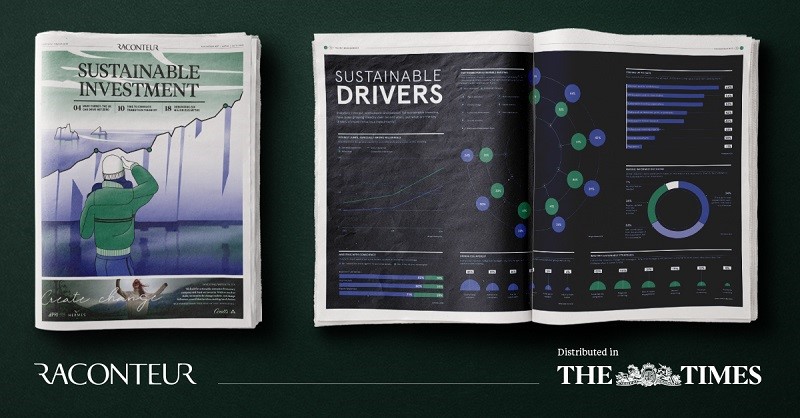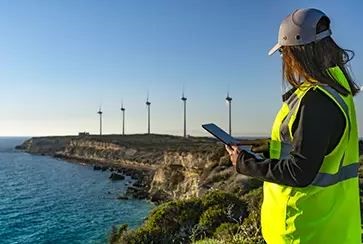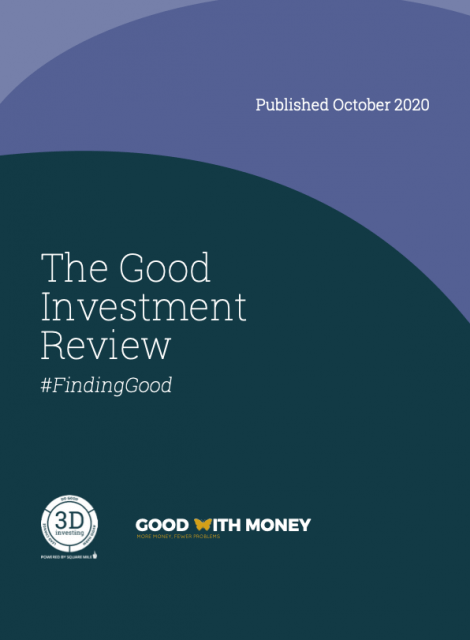Let’s Talk Tax
Budgets are all about gathering in money, by way of taxes to spend to support the country, its public services, businesses, and citizens.
Each Government takes a view of what is important or what is in their manifesto.
There are three approaches dependent on the particular politics of the government:
- Low taxes particularly to benefit business and jobs.
- High taxes to support society, healthcare, and infrastructure.
- A third way, which raises money by tax and through investment by the private sector.
Since the Finance Act 1976, successive Governments of all parties, with private sector capital, have made a substantial step forward in supporting small businesses, from start up to sale.
New technology and drug development has been financed. Infrastructure and public services supported by specific tax reliefs.
The recent Budget recognised the benefits gained through tax benefits being used to influence behaviour.
Inheritance Tax Planning
How does this help you, as someone planning your financial future and that of your children and grandchildren?
There are opportunities for you to remove assets from your estate within two years, whilst keeping control and keeping it accessible, should you need to pay for your care costs.
The investments have a wide range of assets, depending on what outcome the Treasury are interested in encouraging you to support.
There is something for you, whatever your approach to risk. If your choice is to invest according to your values, social, environmental or supporting new technologies, you have a range to fit those values.
In my experience, your beneficiaries will be delighted that you saved 40% tax on their inheritance and made a difference to the wider world, building the country’s sustainability.
Capital gains tax, income tax savings, or income tax reclaim
For those of you who have reached your pension lifetime allowance limit and are looking for other tax savings, then you should explore, with your financial adviser the choice between different tax beneficial opportunities. The options are varied and must be made with professional help.






